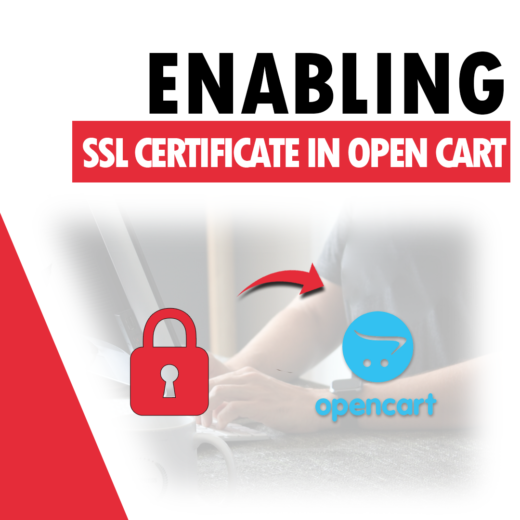Two-factor authentication (2FA) is a user verification method that increases account security. At first, the user must authenticate in a standard way, for example using a login and password, which is the first factor ofContinue reading
Author: Krzysztof Wojtal
A technical consultant at Smarthost. After work, he likes playing computer games and playing football. He also likes programming.
- Uncategorized
- PHP
- Website speed
- Security
- Joomla
- Security leak
- Domain
- Hosting
- Backup
- Customer support
- Availability of services
- WordPress
- Exploit
- Anti-exploit system
- SSL certificates
- DNS
- Break-in analysis
- MySQL
- Spam
- DKIM
- Spamassasin
- New functionalities
- Node.js
- https
- Reseller
- Litespeed
- Cache
- Redis
- important
- Prestashop
- cPanel
- Guides
- Hosting
- Databases
- Moodle
- Guides
- Security
- Joomla
- CRON
Enabling SSL certificate in Magento
In order to enable the SSL certificate and enable access to the website via https (green padlock), you must perform the following operational steps: Log in to the ‘back-end’ of our webesite (www.clients-domain.smarthost.eu/admin, where clients-domain.smarthost.euContinue reading
Enable SSL certificate in Open Cart
To turn the SSL certificate on and enable access to the website via https (green padlock), we must perform the following steps: First, log in to cPanel and go to the File Manager. There, weContinue reading
How to check why my website runs slowly
Sometimes, a website runs slowly. Occasionally, an error 500 (Internal server error) or 508 (Resource limit is reached) occurs, and it’s unclear what causes it. There can be many reasons. In cPanel on smarthost.eu, youContinue reading




